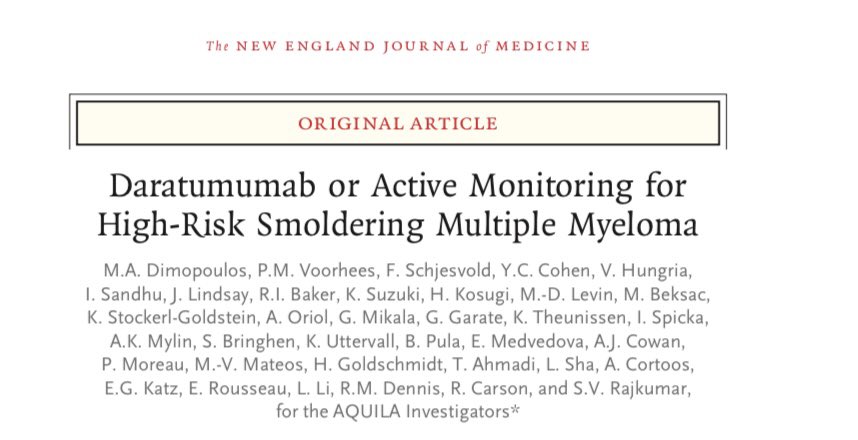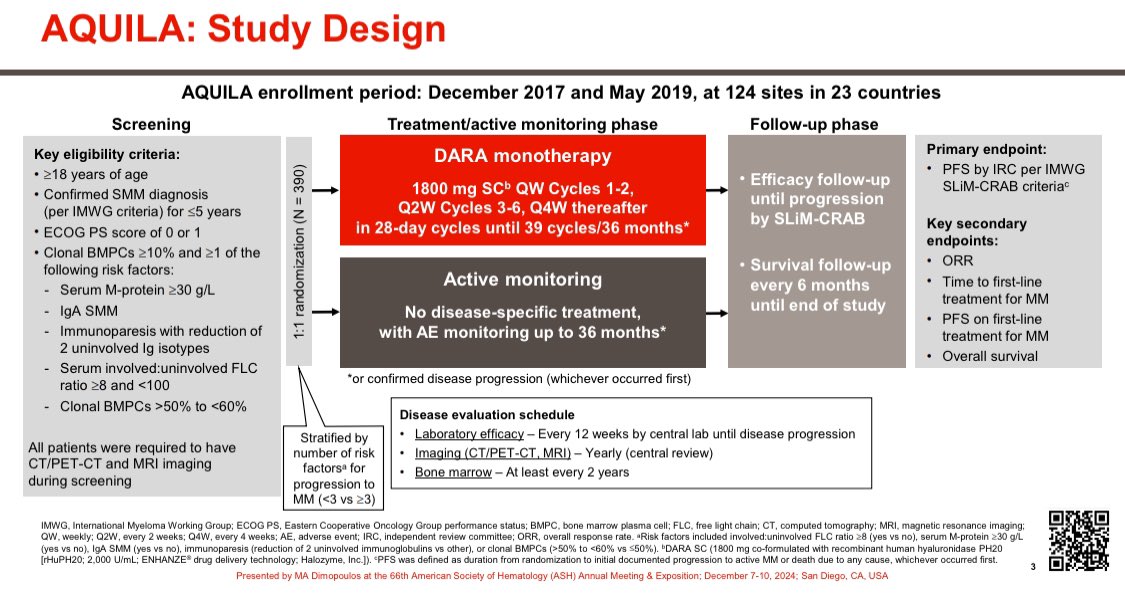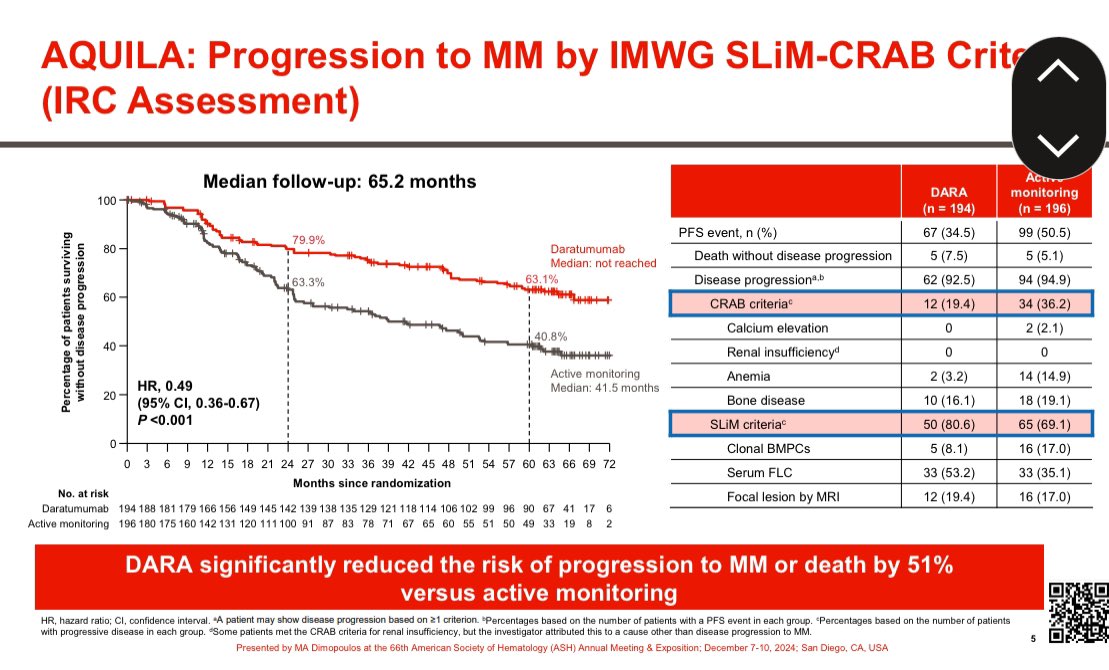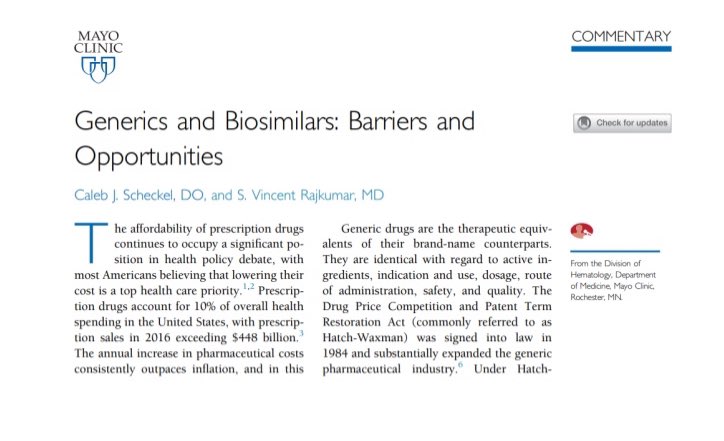The mask analogy to a vaccine. My thoughts from April.
@jeremyphoward @Rfonsi1 @zeynep @erikbryn #Masks4All
1/
@jeremyphoward @Rfonsi1 @zeynep @erikbryn #Masks4All
1/
https://twitter.com/vincentrk/status/1251633159646707716
The common refrain from experts early on was that masks were not needed unless you are sick. I believed this till Mar 29. Then the evidence became too strong that masks were needed for everyone. But the message was that it was only to protect others from you (source control).
2/
2/
But the high rate of serious illness in healthcare workers, the lower mortality in mask wearing countries and COMMON SENSE meant masks must protect the wearer also (work as PPE). People are also more likely to wear a mask of it helps themselves not just others.
3/
3/
https://twitter.com/VincentRK/status/1244995165049233410
The other important message was that while completely preventing infection is hard, masks may preventing serious infection by reducing viral dose. And the whole concept of viral dose and severity that @DrSidMukherjee wrote about in mid March in @NewYorker. Even cloth masks help.
https://twitter.com/VincentRK/status/1245691367294197763
It takes much longer for private citizens (who have a day job) to analyze data & events & come to a conclusion. By late March, many of us were literally screaming for masks ahead of CDC & WHO. The wobbling made the public doubt the unequivocal importance of masks. @jeremyphoward
https://twitter.com/VincentRK/status/1245544658706538497
Any now the messaging should be clear and unequivocal. -Masks protect others from you (source control).
-Masks protect you from others (PPE)
-Masks reduce viral dose and may make the disease milder, & function analogous to a vaccine
-Any mask is OK, except ones with valves
-Masks protect you from others (PPE)
-Masks reduce viral dose and may make the disease milder, & function analogous to a vaccine
-Any mask is OK, except ones with valves
• • •
Missing some Tweet in this thread? You can try to
force a refresh



















